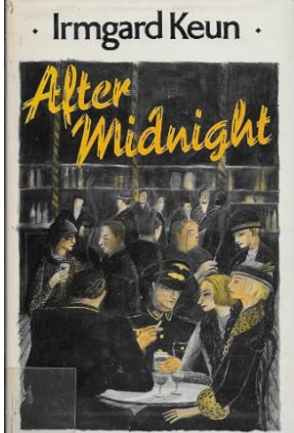Marina Carr - Girl on an Altar
Marina Carr. Girl on an Altar. (United Kingdom: Faber and Faber, 2022).
The play was performed at the Kiln Theatre, London, in May 2022. The play script reads like a radio play, as characters describe what they are doing rather than interacting with each other. I’m curious about how it is staged to make it theatrical. Of interest is Clytemnestra saying to Agamemnon about his sacrifice of Hecuba’s daughter before leaving Troy:
It’s becoming a habit. Soon it’ll be normal and before you can turn round it’ll be law. Before it was ring giving, ring taking, ships of gold and ships of spices, poets and harpists in a banquet hall. And if sacrifice was wanted it was a calf or a deer. Now it’s girls. The blood of spotless girls these new gods want. What is this terrible new pact among men? I no longer know this man they call Zeus Atrides Agamemnon (p. 35).
Agamemnon stays alive on his return to Mycenae for some time, taking Cassandra as his wife and dismissing Clytemnestra to the slave quarters, where her daughter by Aegisthus dies. This prolongs the inevitable, increasing the fighting between them. Cassandra bears twins. Her curse temporarily lifts but returns at the end.
Attention is drawn to the lives of slave women. Perhaps this is the point of the play. On Clytemnestra’s arrival at the harem, she says:
In all my years at Argos, I never deigned to visit this place. Never gave these lonely neglected women a thought, though I approved the accounts every quarter, so much grain, cloth, wine, kif. Yes, I heard the odd bit of gossip from time to time, generally so-and-so has a healthy son from one of the pleasure women, but never a mention of the girl infants. And here they are, a flock of small girls from ebony black to palest white, half feral, with the weak limbs and dull eyes of those confined too long. The old women lie in their hammocks, wrapped in moulting bear skins, ochre smeared on their toothless mouths, hulk streaming down their ravaged faces. And I think, I have allowed this, this place of forgotten souls where time stands still, never to see God’s good earth and run in the meadows and splash in the streams and know ordinary mortal love. I have allowed all this (pp. 42-43).
The play includes this exchange between Cassandra and a slave woman:
Cassandra: Will I ever see them again?
Cilissa: Do I wear a crown? Don’t be stupid, we’re just their playthings.
Cassandra: But my children.
Cilissa: Your children? What about my children? Don’t talk to me about children (p. 56).



Comments
Post a Comment